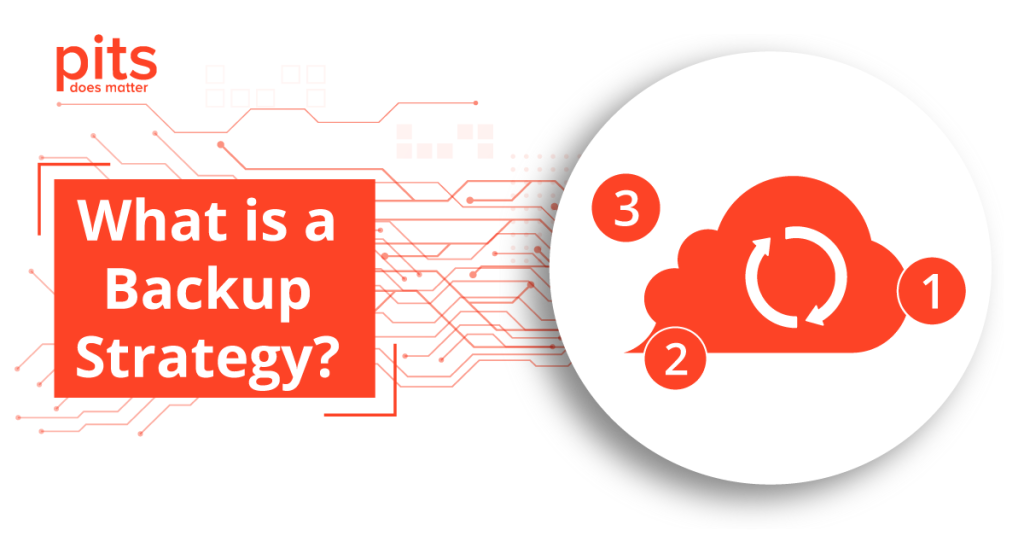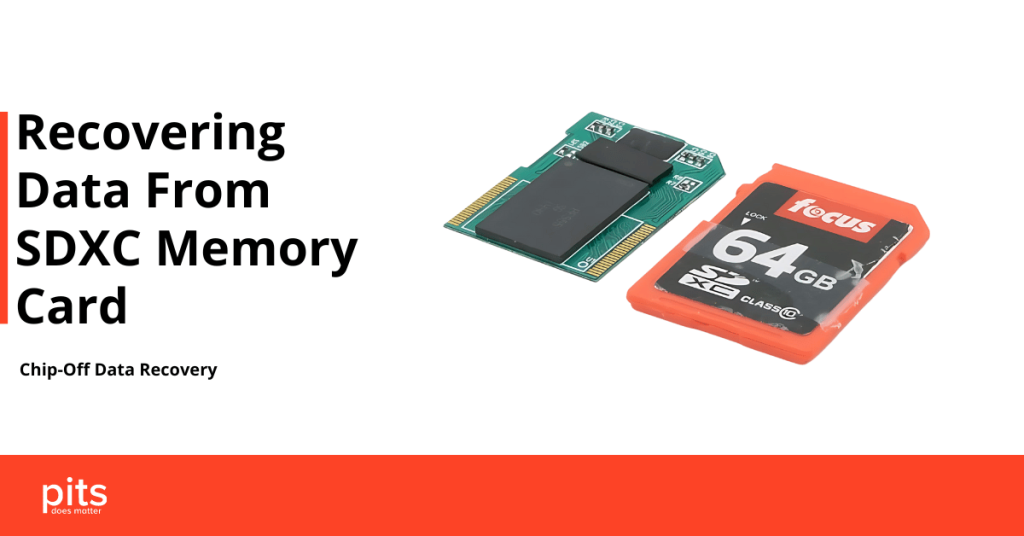When it comes to choosing the right storage solution for your NAS (Network Attached Storage), you’re often faced with a decision between using SSDs (Solid-State Drives) or HDDs (Hard Disk Drives). Both have their merits, but which is the better option for your NAS setup? Let’s explore the differences between NAS SSDs and HDDs, and help you determine which one suits your specific needs.
Understanding the Basics: NAS SSD vs HDD
Before diving into the comparison, it’s important to understand how each of these drives functions:
-
HDD (Hard Disk Drive): This is the traditional storage option, consisting of spinning disks (platters) where data is written. HDDs have been the go-to choice for storage for decades due to their affordability and large capacities.
-
SSD (Solid-State Drive): Unlike HDDs, SSDs don’t have moving parts. They use flash memory to store data, which makes them faster and more reliable in terms of performance, but typically at a higher price point.
Performance: Speed and Responsiveness
One of the most significant differences between NAS SSDs and HDDs is performance. SSDs offer faster read/write speeds compared to HDDs, which makes them an ideal choice for NAS systems that require quick data access or are handling multiple users simultaneously.
For businesses or home users dealing with large amounts of data—like video editing, media streaming, or virtualization tasks—SSDs can dramatically reduce lag and boost system responsiveness. On the other hand, HDDs are still sufficient for less data-intensive applications, such as basic file storage and backups.
Reliability and Durability
Another factor to consider is durability. Since HDDs have moving parts, they are more susceptible to mechanical failure over time. SSDs, being solid-state, are more shock-resistant and generally have longer lifespans, especially in environments where the system is subject to vibration or temperature changes.
However, HDDs remain a reliable choice for NAS systems that operate under stable conditions and don’t require the higher durability of SSDs.
Storage Capacity and Cost
In terms of storage capacity, HDDs typically offer much larger sizes at a lower cost per gigabyte. If your NAS is primarily for mass data storage (such as for backups or archiving), HDDs provide a better value for your money.
SSDs, while more expensive, are becoming more affordable, but they still tend to offer lower storage capacities compared to HDDs. For users who prioritize speed and performance over storage size, investing in an SSD-based NAS could be worth the higher upfront cost.
Power Consumption
SSDs consume less power than HDDs, which can be important in a NAS setup that operates continuously. Lower power consumption means less heat generation and potentially lower energy costs over time, which is beneficial in larger NAS setups or data centers.
Noise and Heat Levels
Another consideration is noise and heat. SSDs run silently because they have no moving parts, whereas HDDs can produce noise during operation. HDDs also generate more heat, which could be a concern in NAS systems that don’t have optimal cooling.
Which is Right for You?
When choosing between NAS SSDs and HDDs, it ultimately comes down to your specific use case:
- Choose SSDs if you need high performance, speed, and reliability in demanding tasks like media streaming, virtualization, or running multiple VMs.
- Opt for HDDs if you require large storage capacities, affordability, and are primarily using your NAS for backups or less demanding tasks.
Conclusion
Both NAS SSDs and HDDs have their strengths and trade-offs. SSDs provide superior speed, durability, and lower power consumption, making them the better choice for performance-heavy environments. However, HDDs are more cost-effective for users who prioritize storage capacity and are okay with sacrificing some performance.
Ultimately, the right choice depends on your NAS workload, budget, and the importance of speed vs storage capacity in your system. If you can afford it, a hybrid NAS setup combining both SSDs and HDDs might provide the best balance of performance and capacity.


